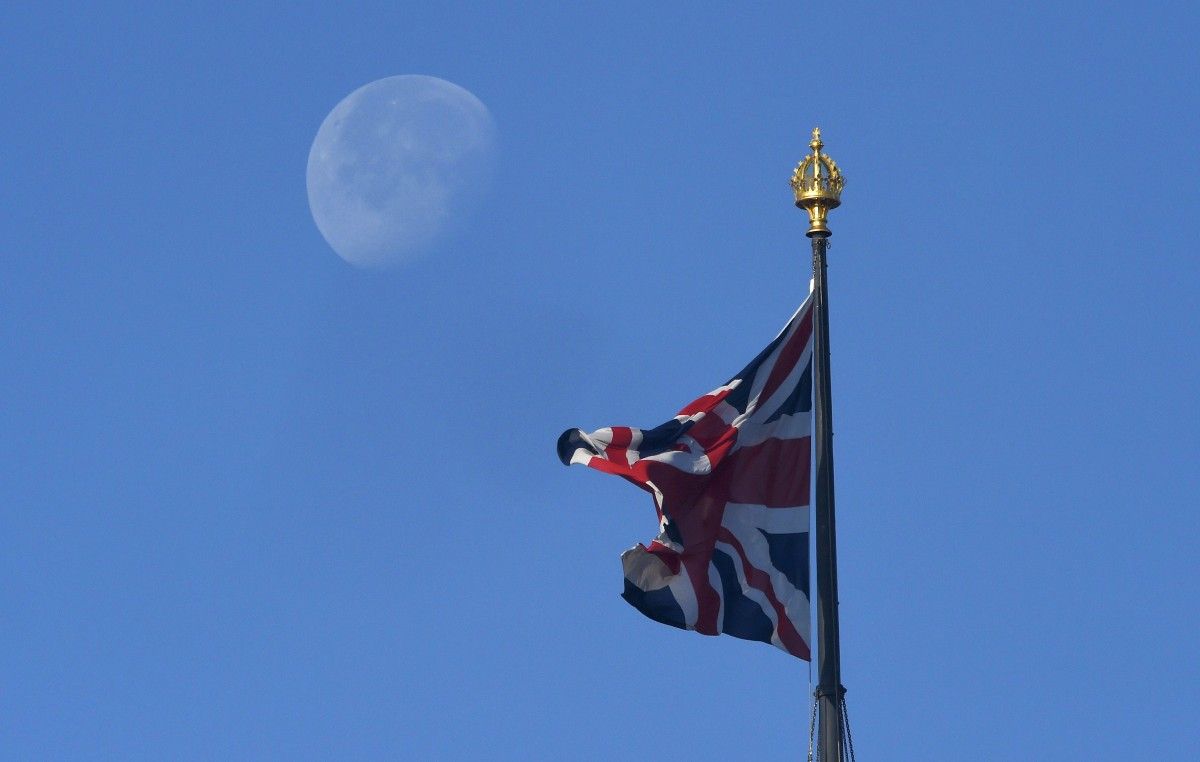
The data predominantly relate to the period before the UK voted to leave the EU, meaning the subsequent sharp fall in sterling has not yet worked its way through, The Financial Times wrote.
Suren Thiru, head of economists at the British Chambers of Commerce, said the figures were "disappointing" and pointed to a "longer-term weakness in the UK's underlying trade position".
He said that while the fall in sterling could make UK exports more competitive, much of this positive effect could be neutralized as many exporters also need to import, the report said.
For the second quarter as a whole, the trade deficit increased to £12.5 billion, up £0.4 billion on the first quarter and double the £6.2 billion gap recorded in the same period last year, according to the report.
Samuel Tombs, economist at Pantheon, said that he expected the trade deficit to remain "bloated" in the short term as imports become more expensive.
He added that hopes that exports will take advantage of the cheaper pound to surge were "misplaced" because it will take time to contracts to be renegotiated and exporters to invest in new capacity.
Read alsoIMF worsens outlook for global economic growth due to BrexitSeparate official data showed that UK industry entered the post-referendum period on the front foot, The Financial Times wrote.

